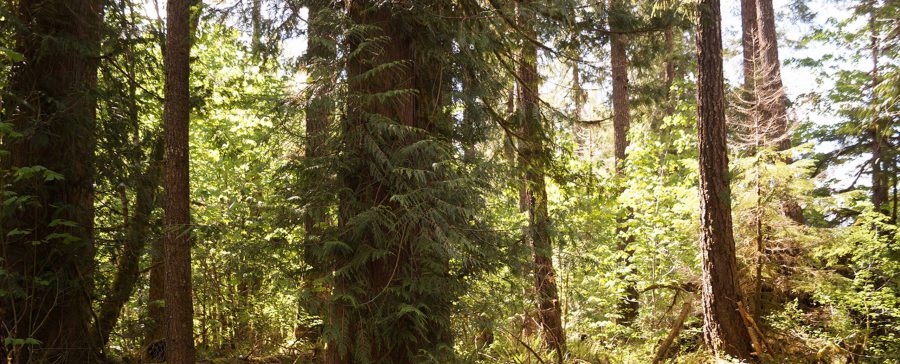
Biodiversity at risk in Prince George Natural Resource District
PRINCE GEORGE – An investigation of a complaint about the management of biodiversity in the Prince George Timber Supply Area (PG TSA) has found that biodiversity, as it relates to old growth forest, may be at risk in the TSA.
While forest licensees are complying with legal requirements for biodiversity protection in the PG TSA, the investigation identified several concerns with how government and licensees are managing old forest.
“One of the key issues is that the legal requirements have not been reviewed or updated to reflect the impacts of the mountain pine beetle, updated science or society’s changing values,” said Kevin Kriese, chair of the Forest Practices Board. “The PG TSA is also one of the few areas in the province where the amount of old forest legally required to be conserved is not specifically identified on maps, but is measured as a percentage of the overall forest inventory. This creates risks to other forest values.
“The legal order for biodiversity protection in the PG TSA was developed nearly 20 years ago and much has changed on the land since it was written because of the mountain pine beetle infestation, wildfires and subsequent salvage logging. We are recommending that the remaining old forest be mapped and that government revisit its approach to protection of biodiversity in the PG TSA.”
Another issue is that the legal order uses a much younger age definition for old forest than is applied elsewhere. For example, in some ecosystems the order uses greater than 140 years to define old forest, where the rest of the province uses greater than 250 years for the same ecosystems. ”
The board is calling for the Province to update its objectives for old forest in the PG TSA,” Kriese said. “Updates to the order and identifying important old forest should be undertaken in partnership with Indigenous peoples.”
The PG TSA, located in north-central British Columbia, is approximately eight million hectares, or more than twice the size of Vancouver Island, and is the largest TSA in the province. Given the size of the area and the complexity of biodiversity, the complaint investigation focused on the old forest aspects of biodiversity management.
The Forest Practices Board is B.C.’s independent watchdog for sound forest and range practices, reporting its findings and recommendations directly to the public and government. The board investigates public complaints about forest and range practices on public lands and appropriateness of government enforcement. It can also make recommendations for improvement to practices and legislation.
Contact:
Darlene Oman
Communications
Forest Practices Board
250 213-4705 / 1 800 994-5899
